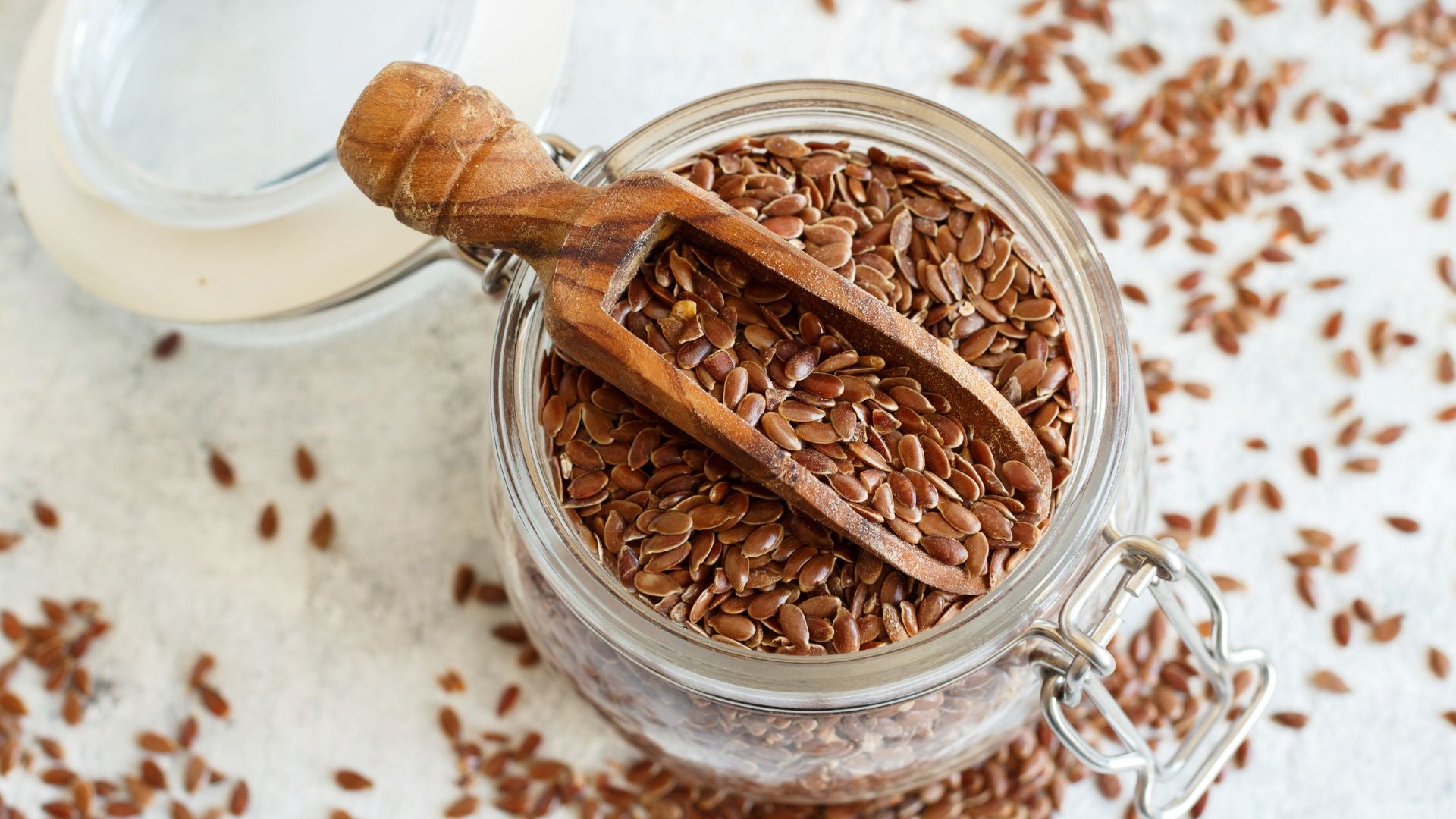Including fat in your snacks helps you feel fuller longer, with steady energy until your next meal. There can be some lingering fear around eating fat (thanks, diet culture), but the truth is that dietary fat doesn’t make you fat and is good for you.
Today’s article will walk you through the different categories of fat, why your body needs healthy fats, and sources of healthy fats.
Types of Dietary Fat
Do you need clarification about saturated fat vs. unsaturated fat or what essential fats are? Let’s walk through the different types of dietary fat.
The categories of fats have to do with their chemical structure. Saturated fats are “saturated” with hydrogens at every carbon, whereas unsaturated fats have less hydrogen and more double bonds. In practical terms, these structures make saturated fats solid at room temperature and unsaturated fats liquid.
Trans Fat
Trans fat exists minimally in nature and is primarily a product of industrial food production. Companies have removed trans fats from many foods, but you’ll still find “hydrogenated” or “partially hydrogenated” fats in ingredient lists signaling trans fats. Trans fats also form through deep frying that changes the structure of the fats in the frying oil.
Trans fats contribute to inflammation and heart disease and avoiding them is recommended.
Monounsaturated Fat
Monounsaturated fats fall into the unsaturated fats category. Olive oil and avocado oil are primarily composed of monounsaturated fats called oleic acid and are considered beneficial for heart health.
Polyunsaturated Fat
Polyunsaturated fats are also unsaturated fats and contain more double bonds. They fall into either the omega-6 or the omega-3 category. Seed oils are examples of polyunsaturated fats.
Omega-3 Fats
Alpha-linolenic acid is the essential omega-3 fat. It’s called essential because the human body can’t make it, and we must obtain it from the diet. Plant sources of omega 3s include chia seeds, flax seeds, walnuts, and other nuts and seeds. Cold water fish provides the omega 3s EPA and DHA. EPA is anti-inflammatory, and DHA supports brain health.
Why Are Healthy Fats Important?
With so many types of fat, why are healthy fats important?
Healthy fats promote:
- Satiety after a meal or snack
- Absorption of fat-soluble nutrients (like vitamin E, vitamin A, vitamin D, carotenoids, and other phytonutrients)
- Hydrated and plump skin
- Cellular and mitochondrial health
- Cellular communication
- Efficient energy production
Sources of Healthy Fats
Here are some healthy fat sources we recommend including as part of a healthy diet.
Flaxseed
Flax seeds are a whole food source of healthy fat, including alpha-linolenic acid, the essential omega-3. Flax is also fiber-rich and contain lignans, supporting immune and hormonal health. You’ll find flax seeds in all of Scott’s Protein Ball flavors.
Chia Seed
Chia seeds, like flax, are rich in healthy fats, fiber, and phytonutrients. They are a whole food source of healthy fat with many health benefits. We include chia seeds in all our products because of their nutrient density.
Coconut Oil
Coconut oil, palm oil, and cacao butter are plant-based saturated fats. These fats are structurally smaller than the saturated fats you find in animal foods. The body preferentially burns them as fuel, making them a great addition to snacks to support energy between meals. We also include these plant-based fats in our Scott’s Protein Balls.
Seed Oils
Seed oils are dietary fats extracted from seeds. The online nutrition world debates the question are seed oils bad for you, especially since they are newer to the food supply. However, the research shows that some high oleic seed oils (like high oleic sunflower seed oil) lower LDL cholesterol levels. Oleic acid is the fat also found in olive oil.
Pick snacks with healthy fats and include a variety in your diet to get all the health benefits.






